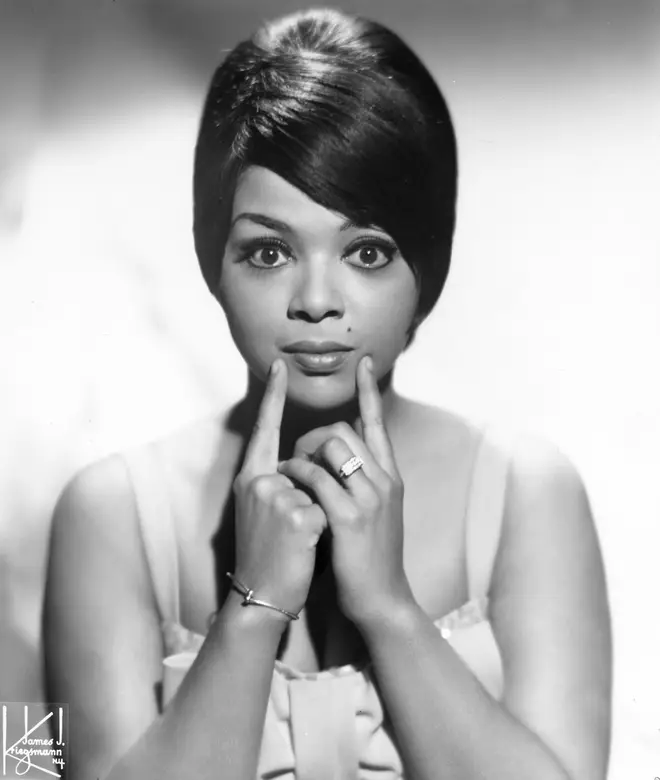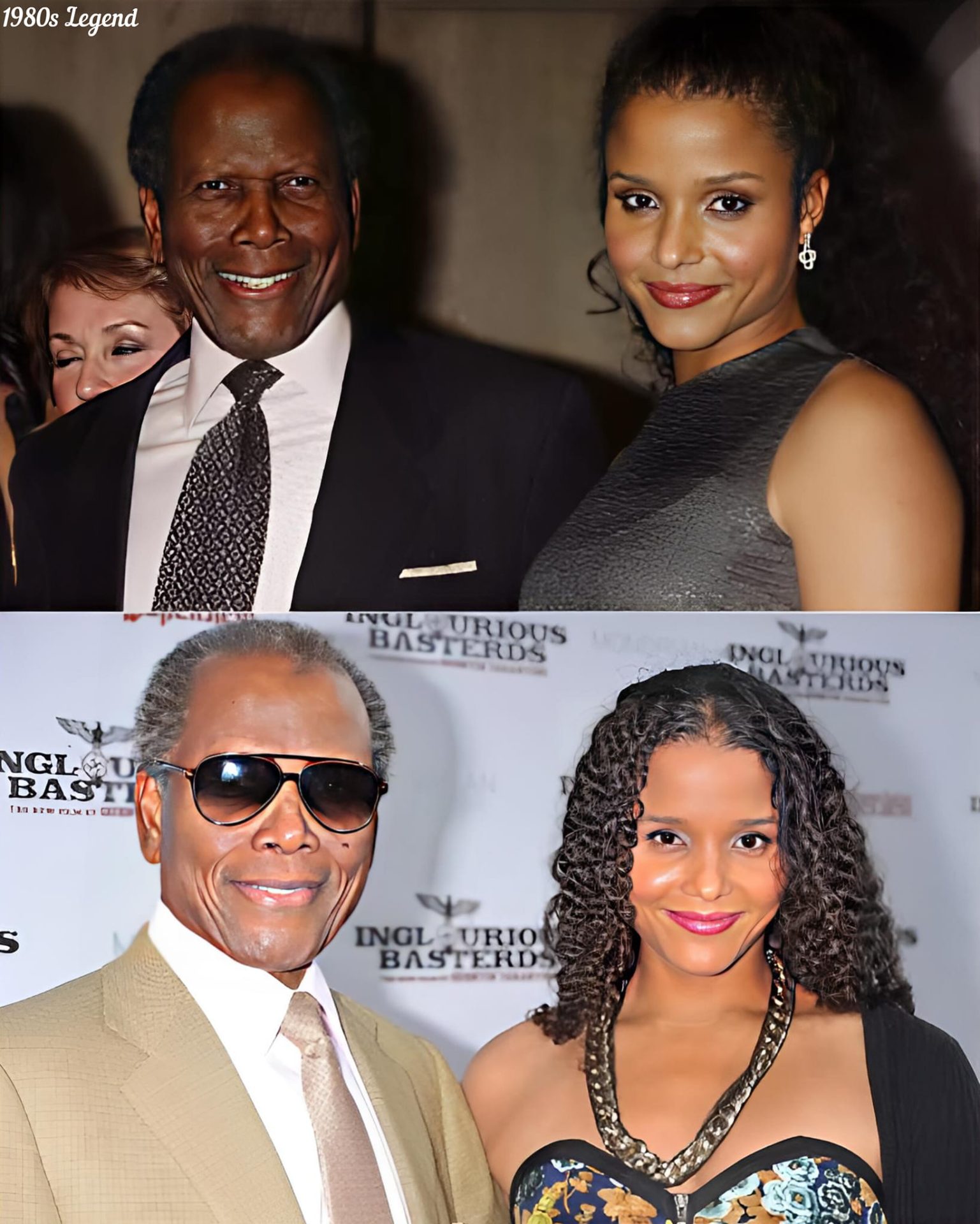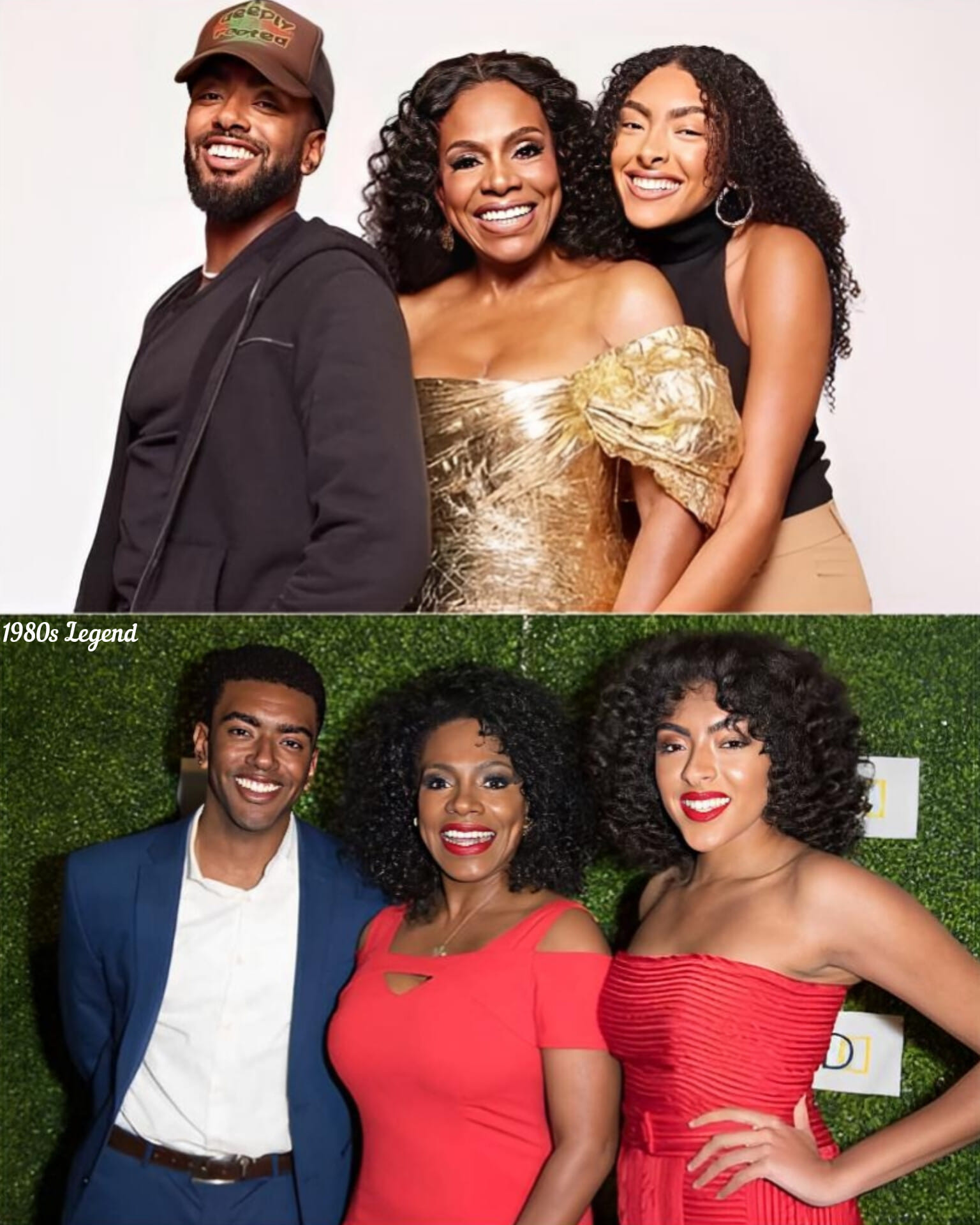CLEVELAND, Ohio — A medical student from Case Western Reserve University School of Medicine has made history in becoming the first Black woman doctor to be offered a highly coveted residency position in neurosurgery at Vanderbilt University in Nashville, Tennessee.
More than 40,000 medical students across the country learned their fates on Friday when their residency matches were ceremoniously revealed on Match Day.

Among them was Case Western Reserve University Medical School student Tamia Potter, who tore open her envelope along with the rest of her classmates, not yet knowing that her match would soon be recognized as a historic moment for Black female doctors.
According to Vanderbilt, Potter is the first Black woman to accept a neurosurgery residency position in the school’s 148-year history.
There are only 33 Black women total in the neurosurgical specialty in the U.S., according to data provided by the American Society of Black Neurosurgeons.
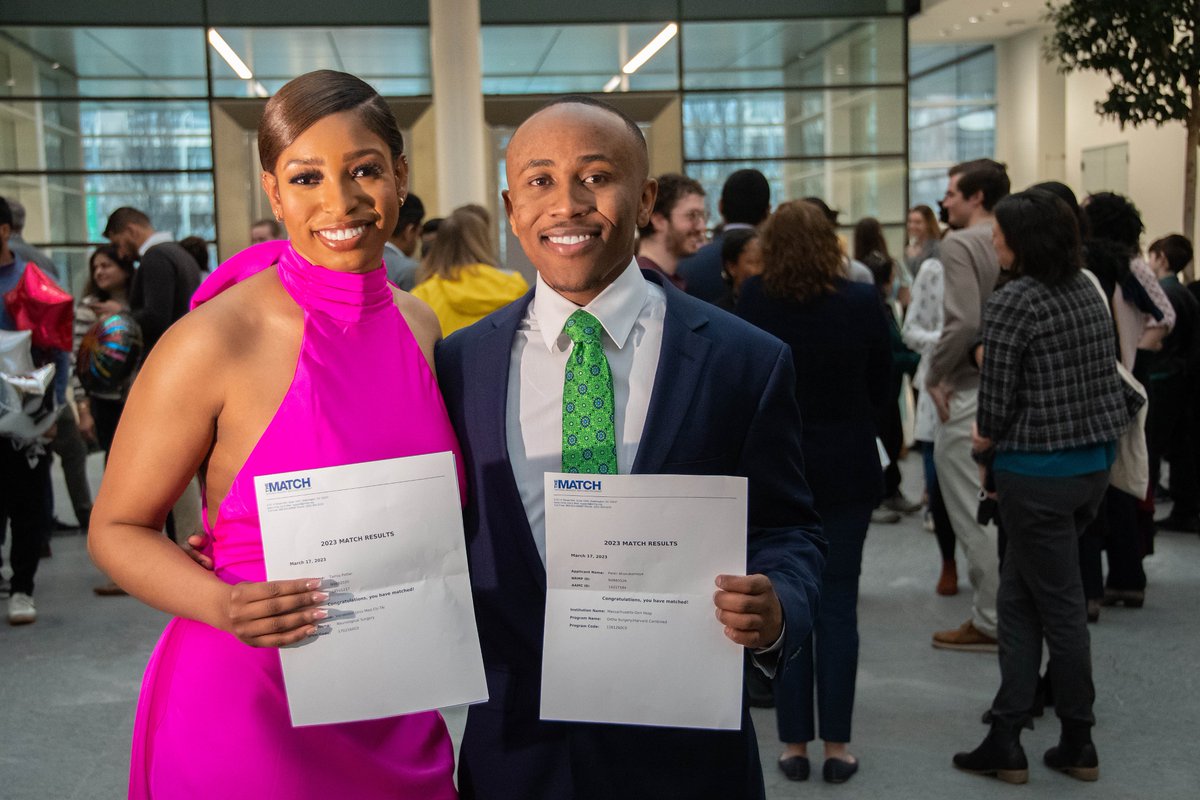
As of Friday, there is at least one more.
“My first job was a certified nursing assistant at 17 years old in 2014. Today on March 17th, 2023 I was blessed to be selected as the first African American female neurosurgery resident to train at @VUMC_Neurosurg,” Potter posted on her Twitter feed.
“I am over the moon,” Potter later told cleveland.com. “I literally can’t even believe it. Yes, I always knew that I wanted to be a neurosurgeon, but I didn’t think that this is what I would accomplish.”
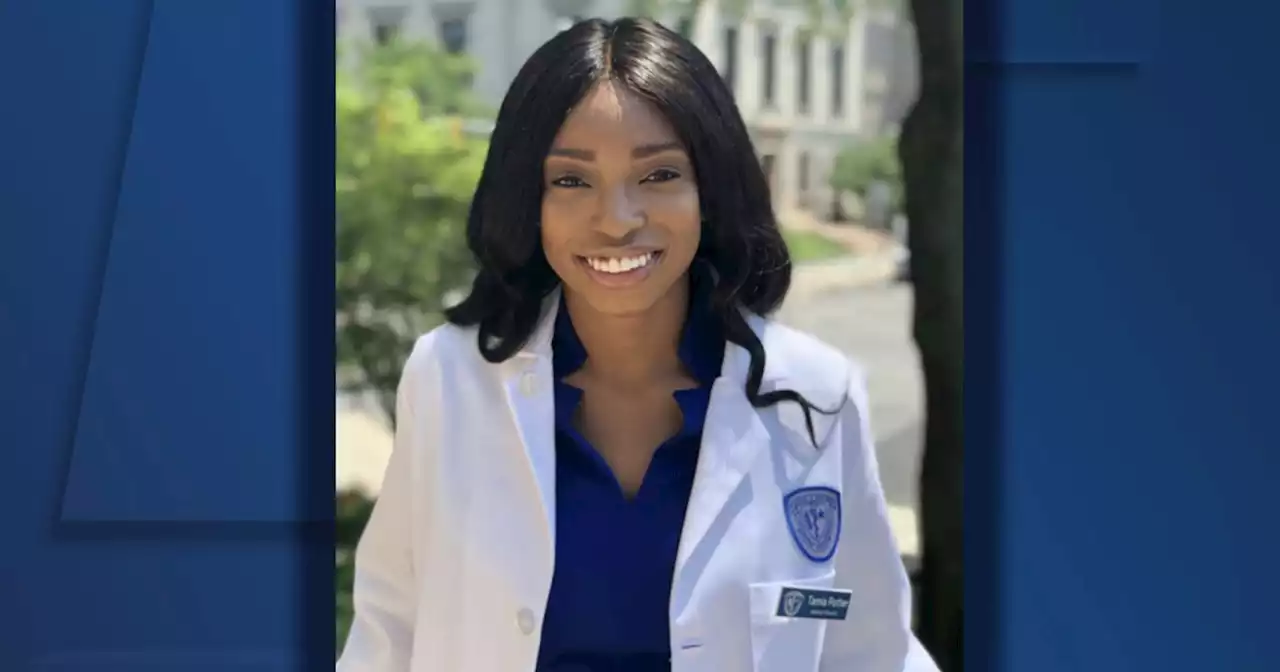
Potter joined CWRU School of Medicine after studying chemistry in her home state of Florida. She says she got a job as certified nursing assistant straight out of high school, working first in a dementia unit in a nursing home, then nights in various hospitals to put herself through college.
Along the way she says she became fascinated by the human brain and the many things that can go wrong in the nervous system, and knew she wanted to learn how to fix them.
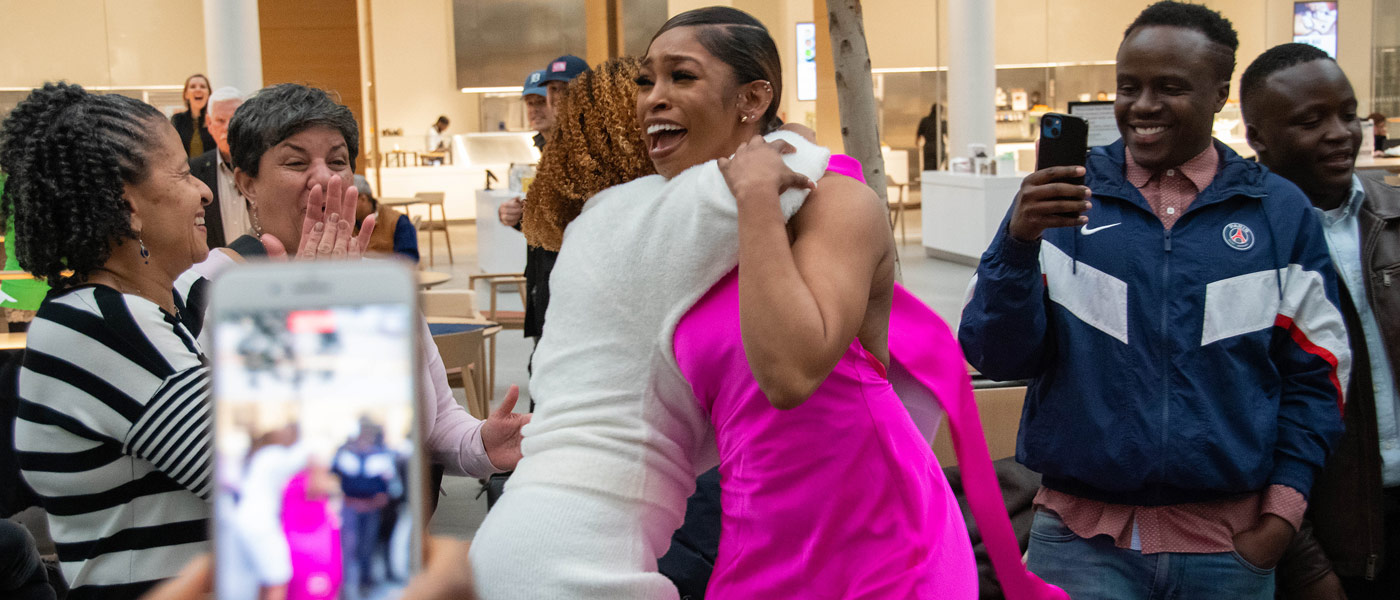
She is the first in her family to go to medical school.
“Every day I’m just doing what I love, and then you look up and you realize what you’ve done — or other people tell you what you’ve done because you’re kind of in the middle of it just trying to do it all!”
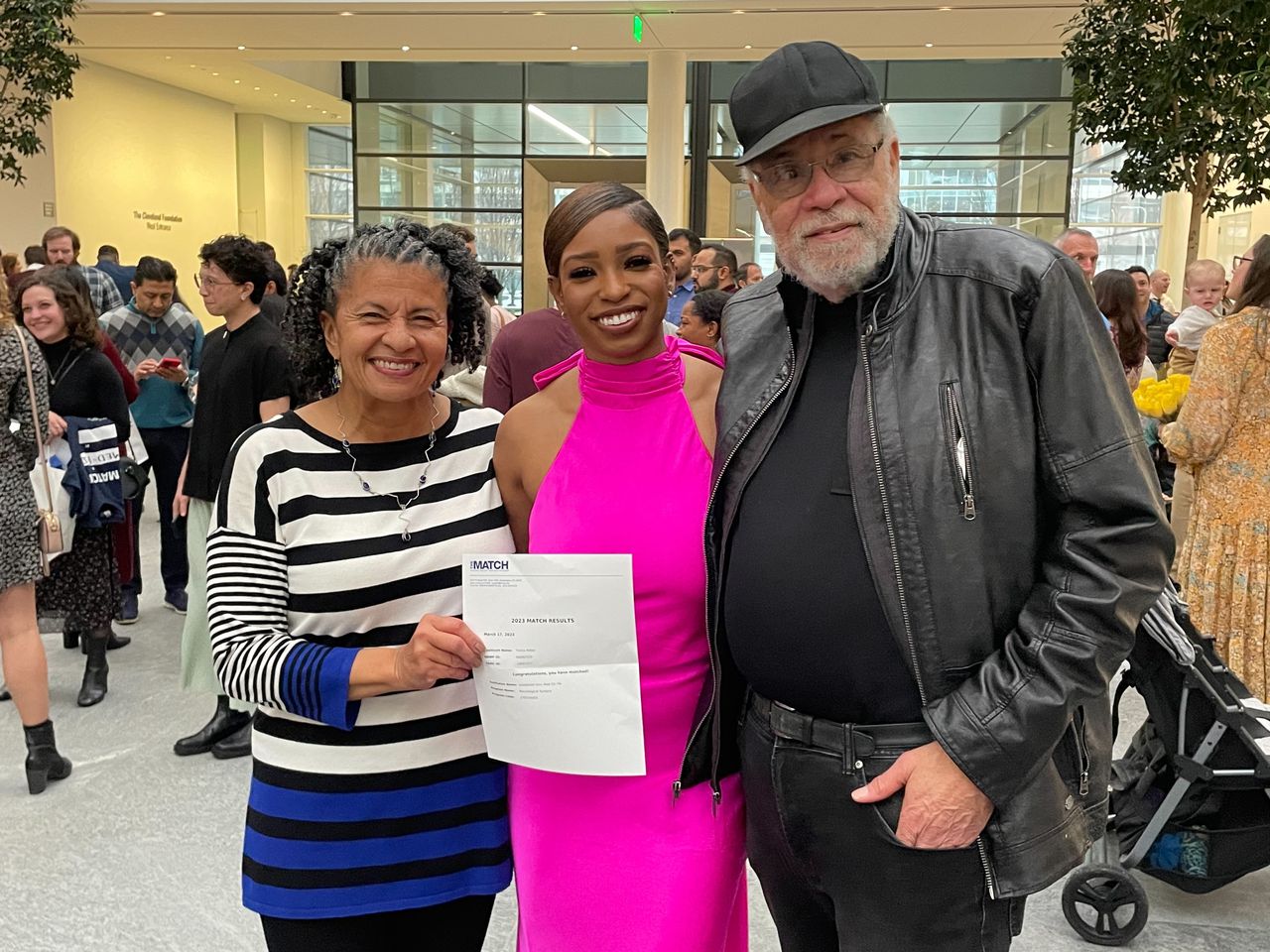 Tamia Potter on Match Day with her mentors Emeritus deans from Case. Dr. Robert L. Haynie (CWRU SOM 1978) and his wife Dr. Edweana Robinson (CWRU SOM 1981).
Tamia Potter on Match Day with her mentors Emeritus deans from Case. Dr. Robert L. Haynie (CWRU SOM 1978) and his wife Dr. Edweana Robinson (CWRU SOM 1981).
Potter says she’s committed to mentoring other young Black doctors and helping them navigate what can be a complicated and unfamiliar system. She believes the reason few minorities pursue medicine is due to a lack of guidance, knowledge and support from friends and family who have gone before. Combined, she says these make the chances of success much harder.
“Nobody told me how much this would cost,” Potter said, noting that throughout medical school she held down two jobs. “Nobody in my family understood what I was doing. If someone shipped you across the country to medical school and said figure it out, most people are going to want to go back home.”

But thanks to the guidance and support of her mentors at CWRU SOM, she didn’t go back home, but is instead paving the way for the Black women neurosurgeons of the future.
She credits Dr. Todd Otteson as a lifeline who really stepped up and helped her personally and professionally, as well as two Black emeritus deans from Case. Dr. Robert L. Haynie and his wife Dr. Edweana Robinson for providing her with needed mentorship and support. “These people made sure that I could continue the vision that I saw,” said Potter.

That vision includes an increasing amount of Black and brown diversity at the bedside providing the highest levels of medical care. The importance of that diversity in terms of patient outcomes is something she believes is underestimated.
“There’s been multiple times where I’ve been in the hospital where if someone would have had a doctor that looked like them, the treatment would have been completely different, and it just would have been a different outcome,” Potter said. “Just having someone who looks like you –people don’t realize how important it is in medicine in making people feel safe.”

